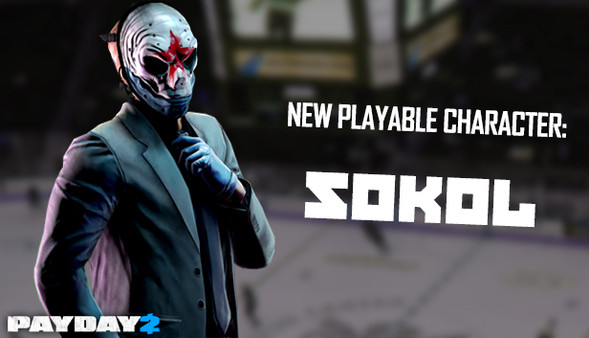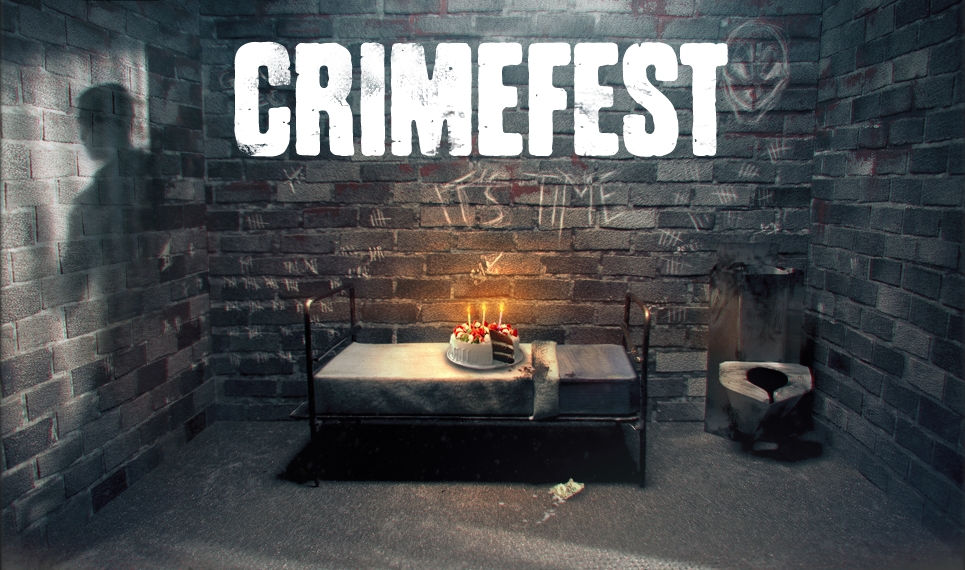
But all of those updates and new content come at a cost; nothing is ever free. Sometimes a game may receive something new without anyone having to directly pay $2.99 for it, but the reality is they already did pay. Buying a game, whether it is at the time of release or post-launch, and any paid DLC that comes out afterwards pays the bills to allow additional content to be made. “So by that logic,” some would argue, “I’ve already paid for this content and therefore it should be given to me for free.” In an ideal world, that would be the case and there are, no doubt, developers who wish they could make that happen.
The reality is that the economy surrounding video games has shifted to a point where a game that sells 3.4 million copies isn't considered to have sold enough units to make a profit, so not everything can be given gratis. It's easy to take that as some form of corporate greed - and a desire to make a profit is certainly part of it - but there are people whose very job depends on a game selling well and continuing to make a studio money well after its release. “Something we’ve always said is that we do paid DLCs when we have to and free updates when we can,” Almir explained. “As a studio that isn’t that old, we’ve been punching above our weight class for some time and to finally be able to continue doing something while actually making sure we have money in the bank while doing so - so that when a rainy day comes we can actually focus on making games instead of taking a work-for-hire project or whatever in order to help pay the bills… Starbreeze as a company had been losing money, basically, every year since its inception until PAYDAY 2 was launched.”
Throughout the first year of the game, then, PAYDAY 2's content continued in a fairly even pace. Overkill would release some paid DLC packs that included new missions and new characters, then some content that was free, and then some more paid DLC. Much of that free content was given as a reward for the community becoming more involved through special events like Crimefest 2014, which simply asked and then rewarded players for becoming part of the PAYDAY 2 Steam community. That first event drew a lot of attention to a game that was a year old. The Steam community jumped from around 30,000 to 1.5 million in the span of a week. As the community grew, the ambitions of Overkill grew alongside it; an ambition to keep the game going and provide for content for that community that would keep them coming back to the game. Those ambitions, however, meant that changes would have to be made.

It's never been a question of making too little [money], it's been more a question of increasing our ambition because we continuously have been creating more and more features for the game. What you usually see for any game is that you get the initial release - there's a lot of hype and bug fixing and so on - and as you go on, steadily, the updates become fewer and fewer and less important. But with PAYDAY 2 we wanted to spin that around. We want every new update to become larger and larger… So we took in more people, we increased our ambition level, and we took on extra costs. We tried different things to excite the community more because even though you look through our list of DLCs and those amount to $110… what you have to think about there is that's $110 over the course of two years and not everyone buys that DLC. It's not the same thing as a new game because more people buy a new game than DLC for a two year-old game. I think we've taken that very far.
- Almir Listo, producer, Overkill
Ambition to create new content for a game that is over a year old and keep its community happy/excited for it is great, but it’s not without ramifications. As Almir stated, Overkill hired more developers and increased its operations costs, which lead to Overkill and publisher 505 Games needing to ensure there was money coming in to cover what was going out. Enter the February event, Hype Train. Rather than asking the community to simply sign up or play PAYDAY 2 as they did before, players were being asked for money. By buying the game or any of its DLC, a certain amount of fuel would be added to the train so that it could “progress” further along a route and unlock rewards along the way.